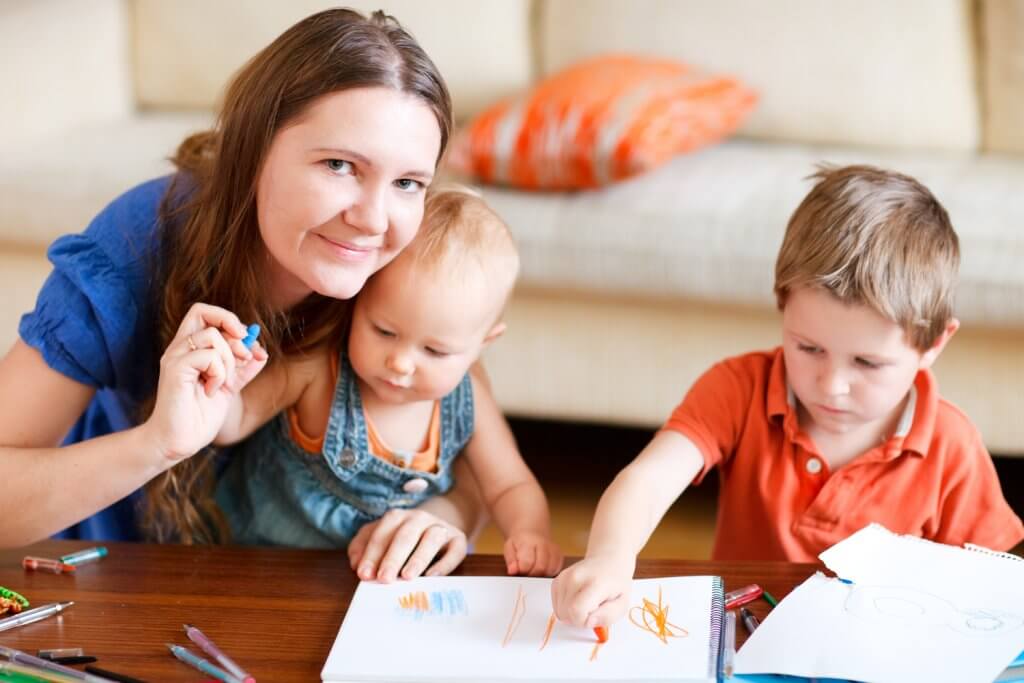
Choosing a Nanny feels like one of the hardest things you will ever have to do, but it needn’t be. We thought it would be good to compile some advice for you as to the kind of characteristics you should look out for when it comes to choosing a Nanny. Admittedly, a lot of this will be down to your intuition so we will not patronise you, but hope you find this useful.
First and foremost, does the potential candidate genuinely love children? This is obviously a prerequisite for any person involved in the childcare industry. It sounds obvious but surely the love of nurturing a child and seeing him or her grow needs to be one of the biggest signals for the type of person whom you would like to look after your child or children.
Next, we would like for pragmatism or common sense. Remember your Nanny is an extension of you when you’re not around so they need to be able to deal with situations in the same way. If a misbehaving child needs to be disciplined, the challenging behaviour should be left to fester. Action needs to be taken decisively, in the same way, that you would.
Then there are the other practical considerations. Is the Nanny punctual for instance? Most people in London hire a Nanny because both couples are working. If the Nanny isn’t living in your house, are they going to turn up on time? An obvious, but a very important point.
Another point you might want to consider is — are they flexible? We all know things, can sometimes be a little hectic and with the busy lives we all lead today and that an extra hour here or there might be required. Would the Nanny be willing to accommodate?
Are they fun? When you’re at home with your children, much of the blissful family time we spend together with our children is based around having fun. Do you get the sense that they would be willing to play and share joyful time with your child?
Lastly (but far from least) are they trustworthy? Remember the Nanny in question will not only be looking after your children but also sharing your home. This is often hard to gauge in an interview setting but you can rest assured that our rigorous vetting and reference checking process will ensure that any Nanny whom we represent will be.








